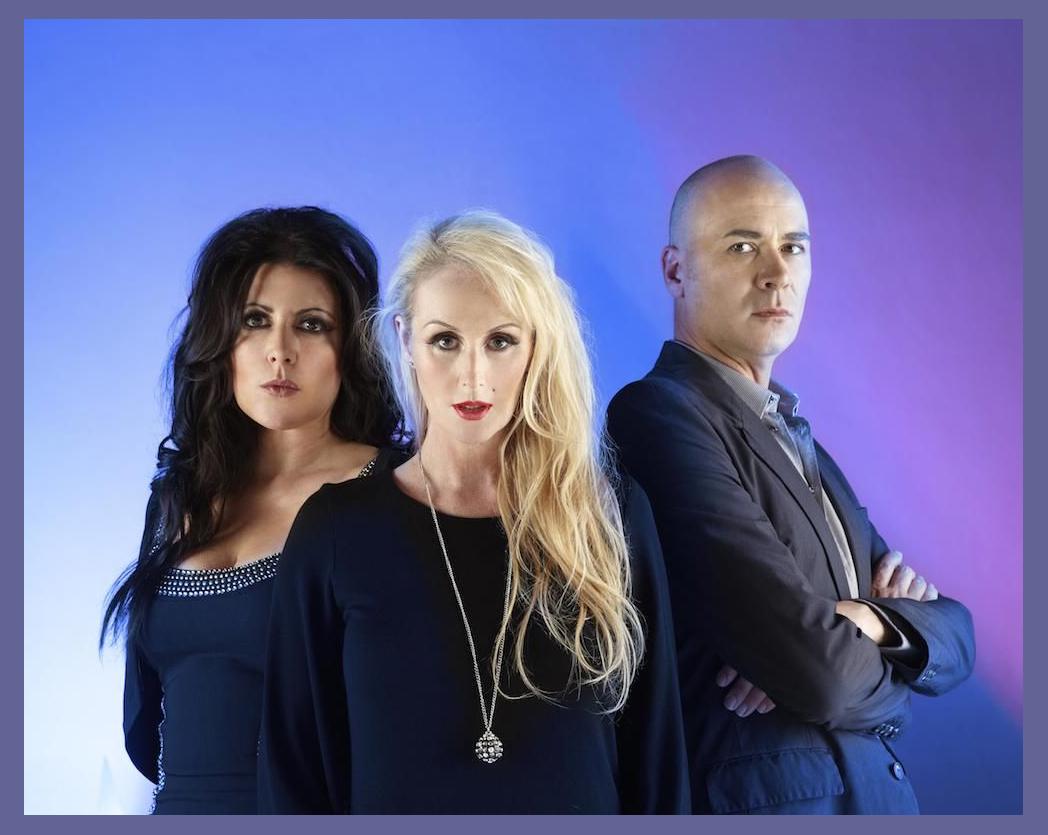 The Human League
The Human League
The Human League: Pioneers of Electropop and Synthpop
Emerging from the industrial city of Sheffield, England, in the late 1970s, The Human League rose to prominence as pioneers of electropop and synthpop. Their infectious melodies, pulsing rhythms, and futuristic aesthetic captivated audiences worldwide.
Members and Formation
The band's original lineup consisted of Martyn Ware, Ian Craig Marsh, and Philip Oakey. Ware and Marsh were synth enthusiasts who shared a passion for electronic music. They recruited Oakey, a charismatic vocalist with a distinctive androgynous appearance, as their frontman.
Musical Challenges and Innovations
The Human League faced initial challenges as they navigated the uncharted waters of electronic music. Critics questioned the legitimacy of their synthetic sound, dismissing it as cold and impersonal. However, the band persevered, experimenting with new technologies and pushing the boundaries of electronic music.
One of their most significant musical innovations was the use of the vocoder, a device that transforms human speech into electronic sounds. This technique became synonymous with the band's signature sound and added an otherworldly dimension to their music.
Discography and Hit Singles
The Human League released a series of critically acclaimed albums, including "Travelogue" (1980), "Dare!" (1981), and "Fascination!" (1983). Their most iconic hit single, "Don't You Want Me," became an international sensation in 1981, topping charts around the world and solidifying the band's status as one of the most successful pop acts of the era.
Controversies and Criticism
Despite their commercial success, The Human League faced criticism for their perceived lack of authenticity. Some purists accused them of relying too heavily on electronic instruments and neglecting traditional rock and roll sensibilities. The band's androgynous image also drew controversy, with some critics accusing them of promoting gender ambiguity.
Legacy and Influence
Despite the challenges, The Human League's music continues to resonate with audiences today. Their pioneering use of electronic instruments and their catchy melodies have influenced generations of musicians and electronic dance music (EDM) artists. The band's legacy as one of the most influential and enduring acts of the synthpop era remains firmly established.
Emerging from the industrial city of Sheffield, England, in the late 1970s, The Human League rose to prominence as pioneers of electropop and synthpop. Their infectious melodies, pulsing rhythms, and futuristic aesthetic captivated audiences worldwide.
Members and Formation
The band's original lineup consisted of Martyn Ware, Ian Craig Marsh, and Philip Oakey. Ware and Marsh were synth enthusiasts who shared a passion for electronic music. They recruited Oakey, a charismatic vocalist with a distinctive androgynous appearance, as their frontman.
Musical Challenges and Innovations
The Human League faced initial challenges as they navigated the uncharted waters of electronic music. Critics questioned the legitimacy of their synthetic sound, dismissing it as cold and impersonal. However, the band persevered, experimenting with new technologies and pushing the boundaries of electronic music.
One of their most significant musical innovations was the use of the vocoder, a device that transforms human speech into electronic sounds. This technique became synonymous with the band's signature sound and added an otherworldly dimension to their music.
Discography and Hit Singles
The Human League released a series of critically acclaimed albums, including "Travelogue" (1980), "Dare!" (1981), and "Fascination!" (1983). Their most iconic hit single, "Don't You Want Me," became an international sensation in 1981, topping charts around the world and solidifying the band's status as one of the most successful pop acts of the era.
Controversies and Criticism
Despite their commercial success, The Human League faced criticism for their perceived lack of authenticity. Some purists accused them of relying too heavily on electronic instruments and neglecting traditional rock and roll sensibilities. The band's androgynous image also drew controversy, with some critics accusing them of promoting gender ambiguity.
Legacy and Influence
Despite the challenges, The Human League's music continues to resonate with audiences today. Their pioneering use of electronic instruments and their catchy melodies have influenced generations of musicians and electronic dance music (EDM) artists. The band's legacy as one of the most influential and enduring acts of the synthpop era remains firmly established.